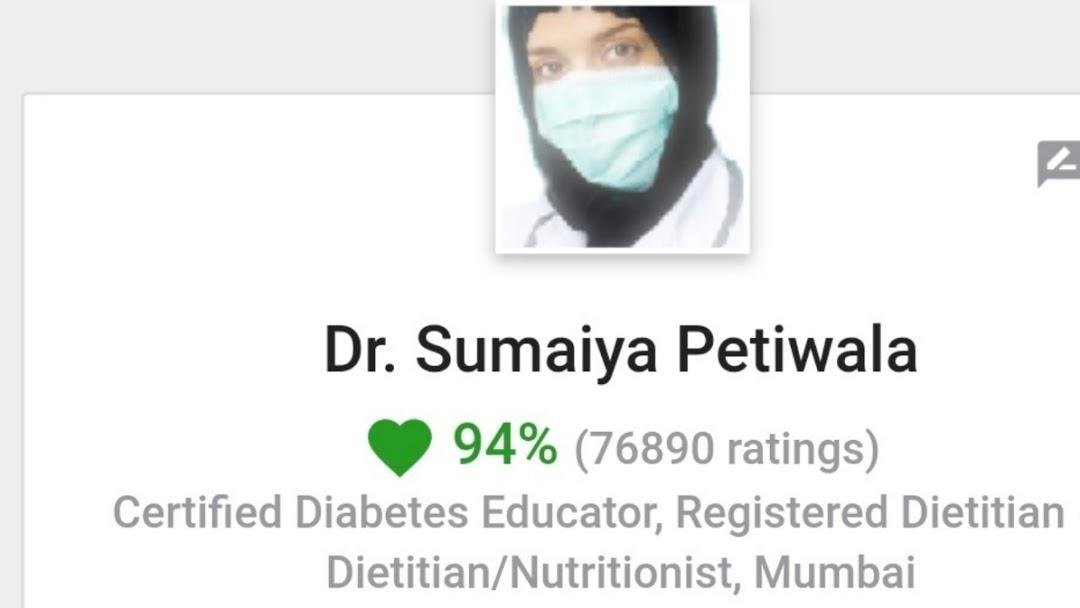When searching for effective weight loss solutions, Rybelsus (semaglutide) may have come to your attention. It’s a unique oral medication that’s shown promise in reducing body weight. But is it the right option for your weight loss journey? Here’s what you need to know about Rybelsus and alternatives like dietary therapy and lifestyle changes.
Understanding Rybelsus
Rybelsus is an oral GLP-1 receptor agonist. It works by mimicking the action of a natural hormone that helps regulate blood sugar and appetite. Key benefits include:
Appetite Reduction: Suppresses hunger and helps control cravings by slowing gastric emptying and affecting brain regions involved in appetite.
Blood Sugar Regulation: Assists with insulin sensitivity and reduces blood sugar spikes after meals.
Weight Loss: Many clinical studies show significant weight loss results when paired with proper diet and exercise.
Is Rybelsus Right for You?
To determine if Rybelsus is suitable for you, consider these factors:
Eligibility Criteria:
Rybelsus is primarily prescribed for adults with a BMI of 27 or higher who have weight-related health conditions (e.g., high blood pressure) or those with a BMI of 30 or higher.
Existing Health Conditions:
Those with a history of pancreatitis, thyroid cancer, or severe gastrointestinal issues should avoid this medication.
Side Effects:
Common side effects include nausea, diarrhea, and constipation, which typically subside over time. More severe side effects can occur, and it’s important to consult your doctor.
Alternatives to Rybelsus
If Rybelsus isn’t the best fit, there are effective alternatives to consider:
Dietary Therapy:
Balanced Diet: Emphasize whole foods, lean proteins, and fiber-rich carbohydrates. Avoid highly processed and sugary foods.
Caloric Deficit: Ensure a moderate caloric deficit through portion control to encourage gradual weight loss.
Mindful Eating: Slow, deliberate eating helps prevent overeating and reduces emotional eating triggers.
Lifestyle Changes:
Exercise: Incorporate regular physical activity like walking, cycling, or strength training to increase calorie expenditure and build muscle mass.
Stress Management: Practice mindfulness, meditation, or yoga to reduce stress levels, which can lead to better weight control.
Hydration and Sleep: Proper hydration and quality sleep are critical for metabolism and overall health.
Other Medications:
GLP-1 Receptor Agonists: Injectable options like Ozempic or Saxenda offer similar benefits.
Metformin: Often prescribed for blood sugar regulation, it can also assist with weight loss in some individuals.
Final Thoughts
Rybelsus offers a promising weight loss option for many, but it’s crucial to evaluate your specific health needs. Consulting a healthcare provider or registered dietitian will help you determine the best approach, be it medication or lifestyle modifications. Fill out our patient history form today for personalized guidance that aligns with your goals and ensures a holistic weight loss plan.
FAQs About Alternatives to Rybelsus for Weight Loss
Q1: Are other GLP-1 receptor agonists available as alternatives to Rybelsus?
A1: Yes, injectable GLP-1 receptor agonists like Ozempic (semaglutide) and Saxenda (liraglutide) can be considered. They work similarly by reducing appetite and regulating blood sugar levels.
Q2: Can lifestyle changes alone help with weight loss if I don’t use Rybelsus?
A2: Absolutely! A balanced diet, regular physical activity, stress management, and proper sleep can effectively contribute to significant weight loss without medication. These changes are crucial even if you are using medication.
Q3: What dietary strategies can I use for weight loss without Rybelsus?
A3: Strategies include creating a balanced, calorie-controlled meal plan with lean proteins, fiber-rich carbohydrates, and healthy fats while avoiding processed and sugary foods. Portion control and mindful eating are also important.
Q4: Are there other medications for weight loss besides Rybelsus?
A4: Yes, medications like Orlistat (Alli, Xenical) work by blocking fat absorption, while phentermine-topiramate (Qsymia) reduces appetite. Metformin, typically for diabetes management, may aid weight loss in some cases.
Q5: Is weight loss surgery a viable alternative to Rybelsus?
A5: Bariatric surgery may be an option for individuals with severe obesity or weight-related health issues. Procedures like gastric bypass and sleeve gastrectomy can promote significant weight loss but come with risks.
Q6: How does behavioral therapy fit into weight loss without Rybelsus?
A6: Behavioral therapy addresses emotional eating, self-esteem issues, and stress triggers that lead to unhealthy habits. This approach, often led by a healthcare professional, supports sustainable lifestyle changes.
Q7: What types of exercise are best for weight loss if not using Rybelsus?
A7: A combination of aerobic activities (like walking, swimming, or cycling) and resistance training (bodyweight exercises or lifting weights) is effective. Find an activity that suits your fitness level and keeps you motivated.
FAQs About Rybelsus for Weight Loss
Q1: How does Rybelsus work for weight loss?
A1: Rybelsus is a GLP-1 receptor agonist that mimics the action of the GLP-1 hormone. It helps reduce appetite by slowing gastric emptying and impacts the appetite control centers in the brain. It also assists with blood sugar regulation.
Q2: How much weight can I expect to lose with Rybelsus?
A2: Weight loss varies by individual and depends on factors like diet and exercise. Clinical trials have shown that many patients can lose around 10-15% of their body weight when using Rybelsus combined with a healthy lifestyle.
Q3: What are the most common side effects of Rybelsus?
A3: The most common side effects include nausea, diarrhea, constipation, and stomach pain. These often decrease as your body adjusts to the medication.
Q4: Is Rybelsus suitable for people with diabetes?
A4: Yes, Rybelsus is FDA-approved for managing Type 2 diabetes, as it helps regulate blood sugar levels. However, consult with your doctor to ensure it’s appropriate given your medical history.
Q5: Can Rybelsus be used as a standalone treatment for weight loss?
A5: While Rybelsus can support weight loss, it’s most effective when combined with a balanced diet, exercise, and lifestyle changes. Medication alone may not yield sustainable results.
Q6: Who should avoid taking Rybelsus?
A6: Rybelsus isn’t recommended for those with a personal or family history of medullary thyroid carcinoma, multiple endocrine neoplasia syndrome type 2, or pancreatitis. It’s also unsuitable for pregnant or breastfeeding women.
Q7: How long will I need to take Rybelsus to see results?
A7: This depends on your individual weight loss goals and how your body responds to the medication. Significant results can typically be seen within 16-20 weeks with consistent use and healthy lifestyle changes.
Q8: What alternatives to Rybelsus are available?
A8: Alternatives include other GLP-1 receptor agonists like Ozempic or Saxenda, along with lifestyle modifications like balanced dieting and regular physical activity. Other medications such as metformin may also help.



